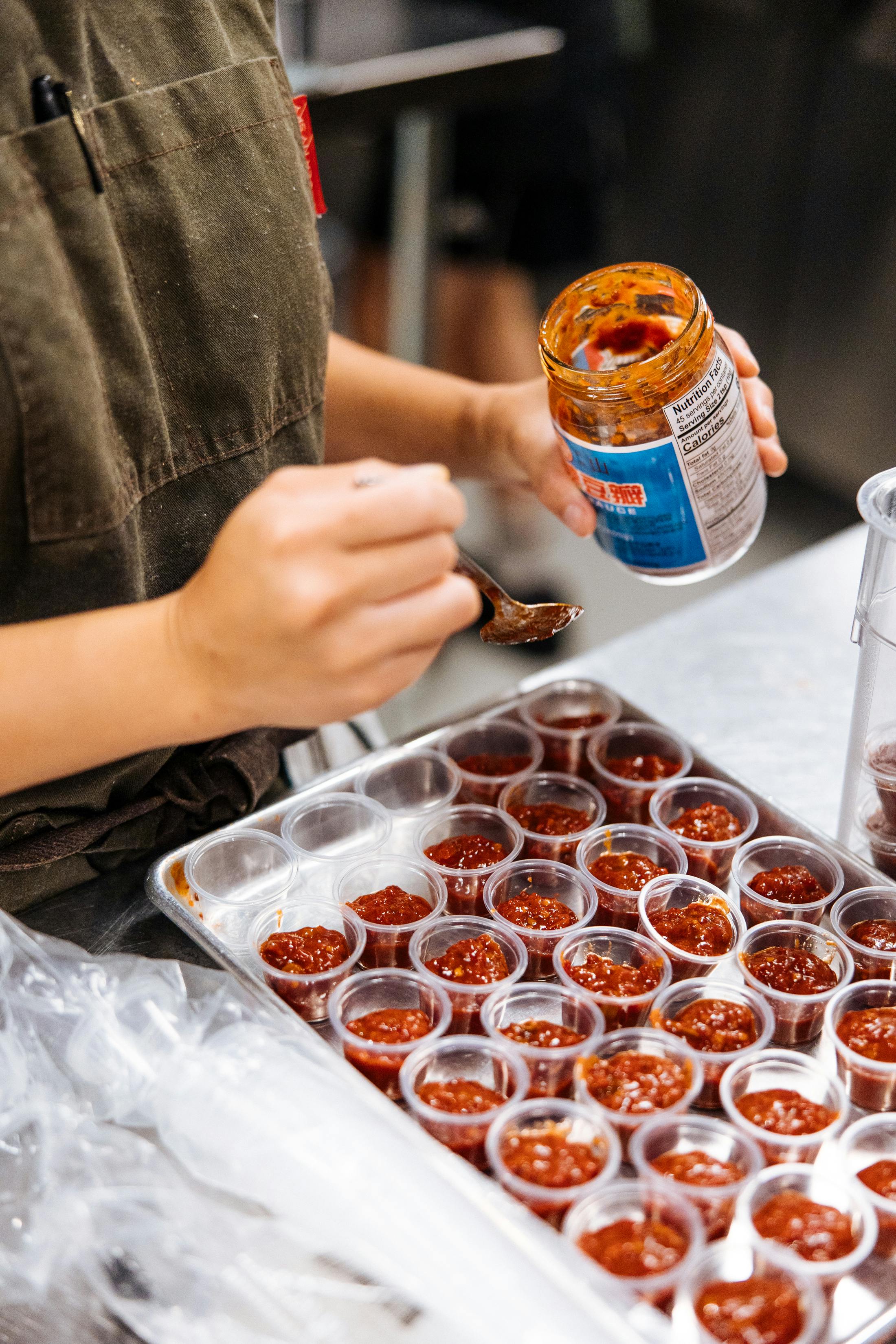Starting a food business in Australia can be an exciting venture. However, it requires careful planning and consideration of several regulatory requirements. From getting the licence to meeting the various commercial kitchen requirements in NSW and Victoria, this guide will walk you through every step necessary for you to get started, including registration, food safety, and compliance.
Steps on how to start a food business in Australia
Step 1: Understand the basics of starting a food business
Before starting a food business, it is important to understand what qualifies as one. In Australia, a food business involves any activity related to handling or selling food, whether commercially, for charity, or in the community.
Common examples include:
- Cafes and restaurants
- Food trucks
- Supermarkets
- Catering services
Each business is required to notify or register the local council. Requirements vary by type and location, be sure to look carefully at your local guidelines beforee starting a food business.
Step 2: Getting the license
To legally run a food business in Australia, you must register and obtain the required licenses.
- NSW Food Authority: Handles licensing for high-risk operations like meat processing.
- Local Councils: Manage registration for cafes, food trucks, and similar businesses.
- Victoria’s Food Business Classifications: Businesses in Victoria must classify themselves as high-risk or low-risk to determine specific licence requirements.
The Australian Business Licence and Information Service (ABLIS) is a useful tool for identifying the licenses needed to start your food business.
Step 3: Plan your commercial kitchen
Meeting commercial kitchen requirements in Victoria and NSW is essential for running a food business. These requirements ensure your kitchen complies with hygiene and safety standards.
Key requirements for a commercial kitchen:
- Industrial-Grade Equipment: Use appliances suitable for commercial use.
- Ventilation: Install an overhead canopy to remove fumes.
- Storage: Provide adequate cold and dry storage.
- Cleaning Facilities: Include sinks with proper drainage.
- Preparation Areas: Use stainless steel benches for hygiene.
- Zoning Laws: Ensure your location is approved for food business use.
Both NSW and Victoria have specific commercial kitchen requirements. For example, kitchens in NSW must follow the Food Standards Code, while in Victoria, requirements vary based on business classification.
Step 4: Hire a food safety supervisor
Food safety is crucial when running a food business. In both NSW and Victoria, businesses must have a Food Safety Supervisor (FSS) who oversees compliance and staff training.
Food safety supervisor checklist:
- Complete training through a Registered Training Organisation (RTO).
- Ensure training matches the type of food business (e.g., retail or catering).
- The FSS must be accessible during operating hours.
Step 5: Develop a food safety program
A Food Safety Program (FSP) outlines how you manage food safety risks. Based on HACCP principles, the FSP should include:
- Food handling and storage procedures
- Cleaning schedules
- Staff training programs
Health inspectors may audit your program, so keep it updated and on-site.
Step 6: Train your staff
All staff handling food must receive training in food safety practices. Options include online courses, in-house sessions, or resources from food safety consultants. Proper training reduces risks and ensures compliance.
Step 7: Register your premises
If your food business involves construction or renovation, register your premises with the local council before beginning work. This ensures compliance with zoning and health regulations. For mobile food businesses like food trucks, registration may be required at the state level.
Step 8: Focus on commercial kitchen requirements in NSW and Victoria
When planning your commercial kitchen, remember the specific regulations in NSW and Victoria:
- NSW: Comply with the Food Standards Code and meet ventilation, layout, and storage standards.
- Victoria: High-risk businesses face stricter rules than low-risk ones, such as pre-packaged food sales.
Understanding these commercial kitchen requirements is critical for smooth operations and regulatory compliance.
Step 9: Marketing and growing your business
Once operational, focus on promoting your food business:
- Build a website and use social media.
- Partner with local suppliers.
- Gather and act on customer feedback.
Marketing is key to attracting and keeping customers.
Step 10: Stay up to date with regulations
Food safety laws can change, so regularly review updates from authorities like Food Standards Australia New Zealand (FSANZ). Health inspections by Environmental Health Officers (EHOs) will also ensure ongoing compliance.
Here’s to starting your food business with confidence with ChefCollective
Opening a food business in Australia involves meeting several requirements, especially for commercial kitchens in NSW and Victoria. By understanding the steps involved in starting a food business and staying compliant with regulations, you can turn your passion for food into a successful venture.
Ready to get started? Check out ChefCollective for expert resources, guidance, and access to professional-grade commercial dark kitchens built to meet all regulatory requirements.
